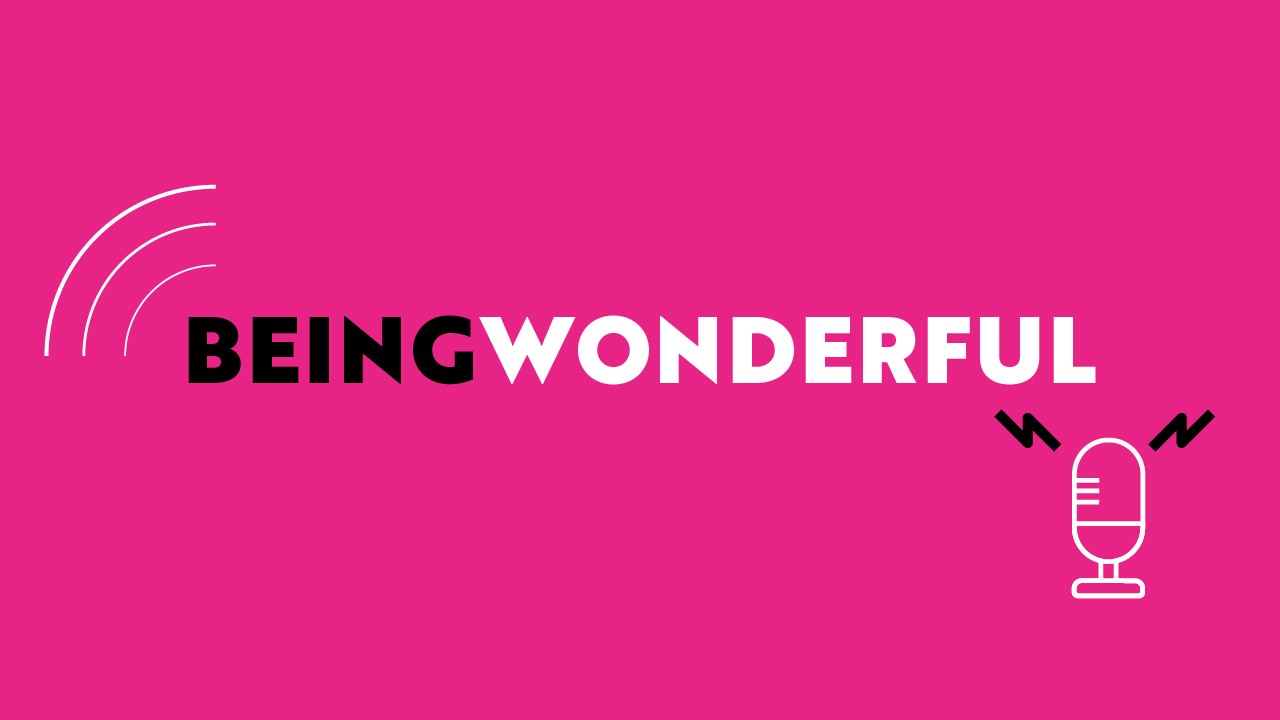
Third in our series of frequently asked questions, we’re taking a Wonderful look at the world of Paid Search (or PPC – pay-per-click). Pay Per Click Advertising should be considered as part of any digital marketing strategy. From long-term brand building, to lead-gen or sales campaigns, PPC advertising focuses on the end goal: delivering great results.
What is Paid Search?
PPC stands for Pay-Per-Click and is a form of internet marketing – most often carried out on search engines such as Google and Bing. PPC advertisers pay a fee each time an ad of theirs is clicked, in competition with other advertisers through an automated instantaneous auction process carried out by the advertising platform. There are three main types of PPC, these being search advertising, display advertising and shopping ads.
Search advertising is a technique that allows you to place text advertisements in search engine results, based on the terms being searched. Display advertising refers to the advertising of a product or service through images and videos, and are often featured as banners on third party websites – as well as on apps, social media and videos. Shopping ads simply promote a product through features such as images, product name and prices, and can appear in specialised search engine results such as Google Shopping, image searches and more.
How does it benefit a business?
There are numerous benefits to PPC advertising. The main one, of course, is the driving of visitors to a website. Another benefit to PPC is that you have total control of your budget and only pay each time your ad is clicked, allowing for a range of budget sizes and campaigns that can be easily tailored around your other marketing priorities. Data obtained from PPC advertising can also help to provide optimising opportunities within your SEO strategy.
Are results guaranteed?
Whilst no digital channel can guarantee results, the range of research data and information available for PPC campaigns allows marketers to forecast results with some accuracy – as well as updating predictions using historic campaign data, and making changes to the campaigns based on daily, weekly or monthly results.
By utilising the exploration of keyword data and the popularity of specific phrases, marketers can also establish what success looks like – being the top advertiser on a term with under 100 monthly searches can be markedly different to just being on the first search results page for a term with over 10,000 monthly searches.
What kind of results can you get?
The kind of results that can be produced by a Paid Search campaign depend on a number of factors, including the campaign type (Search vs. Display), the keywords and other targeting utilised, the messaging, and the inclusion of measurable goals at the ad’s final destination.
PPC campaigns can deliver greater awareness of your brand or business, drive traffic to specific areas of your website, remarketing to previous customers or acquisitions, as well as drive both ecommerce and offline sales.
Paid Search At Wonderful
Our PPC strategy rarely lives in isolation – we utilise PPC alongside other digital marketing activity to maximise performance, increasing brand awareness, establishing authority, building trust and generating new business leads or eCommerce sales. Our team of experts will take you on that journey and work closely with you to remove the complexities of this medium, delivering real results.
With two-way dialogue, we use our tool to explore campaign results, and to power iterations and refinements to ensure your business spends more budget where it works, and less where it doesn’t, constantly measured against your KPIs.
Latest posts

5 reasons why we still need Wonder in an AI driven world
As an agency, we are grappling with the role and application of AI within our daily business activities, our client offering, and our future growth

The Power of Purpose and Impact on Business Growth
In a marketplace increasingly driven by values and social consciousness, the role of purpose and impact in business growth has never been more critical.

Three key benefits of integrating a sense of Wonder within your brand & marketing strategies
We love creating Wonder. It’s our passion and forms our client mission. However, in an age where your customers and clients are bombarded with constant information and countless choices, capturing attention and building lasting connections has become increasingly challenging. We all have to work harder to capture people’s attention.